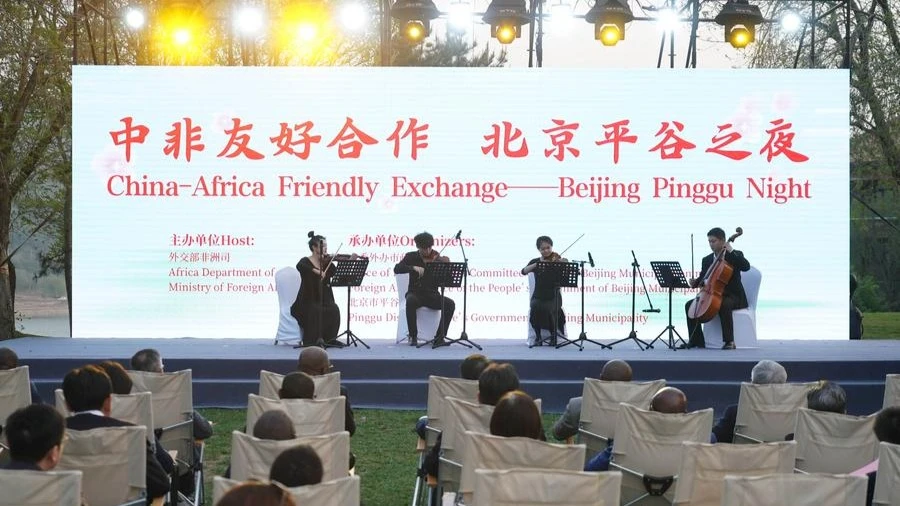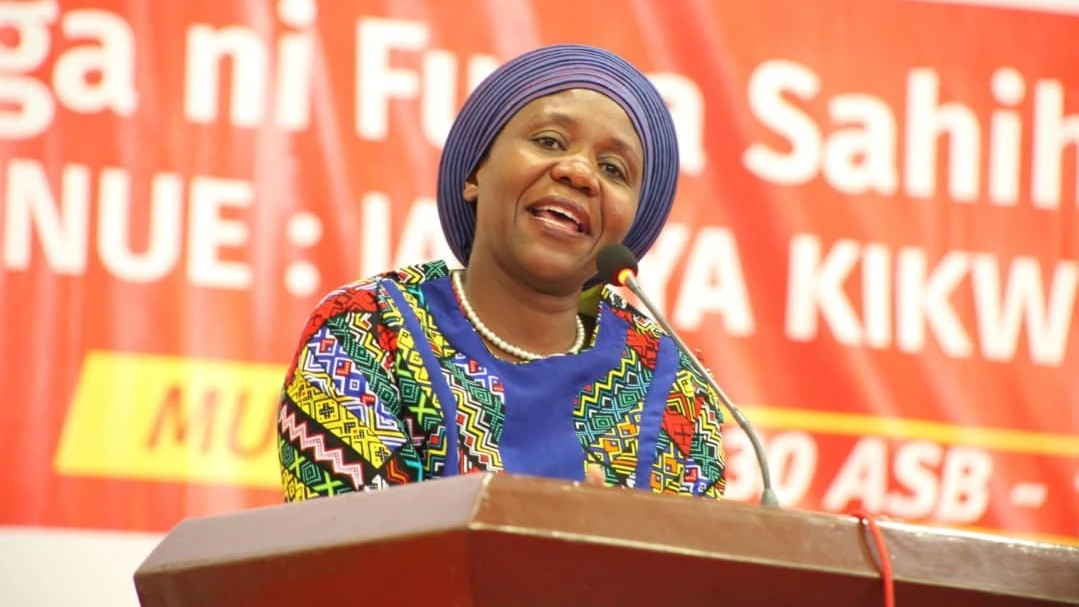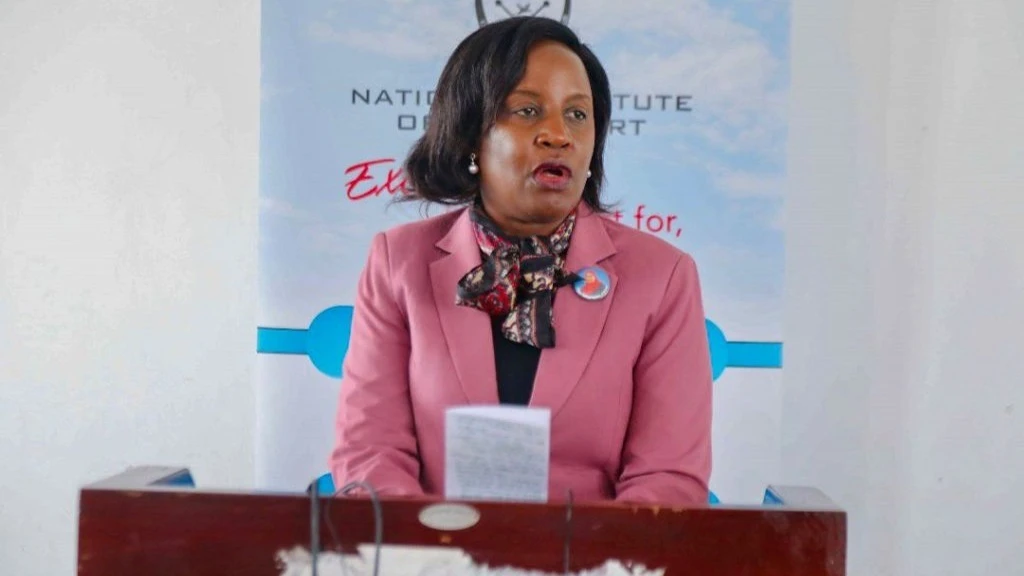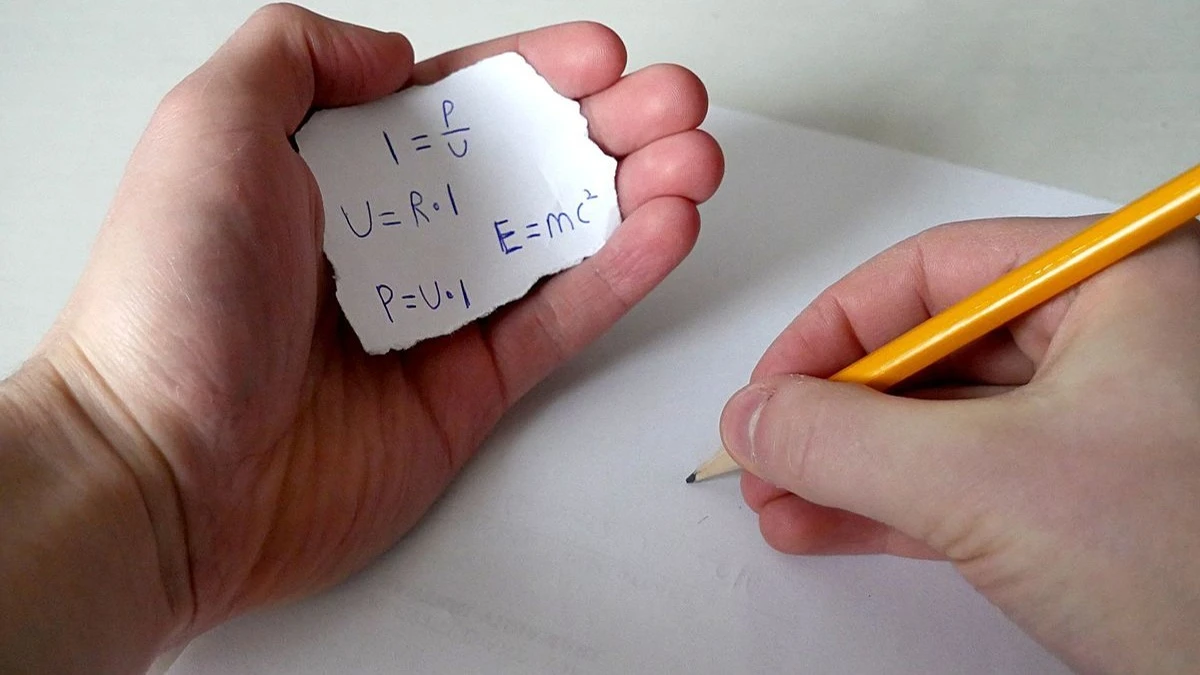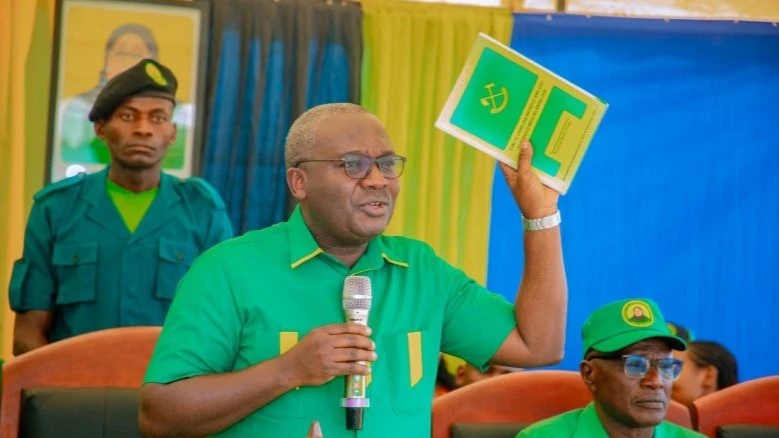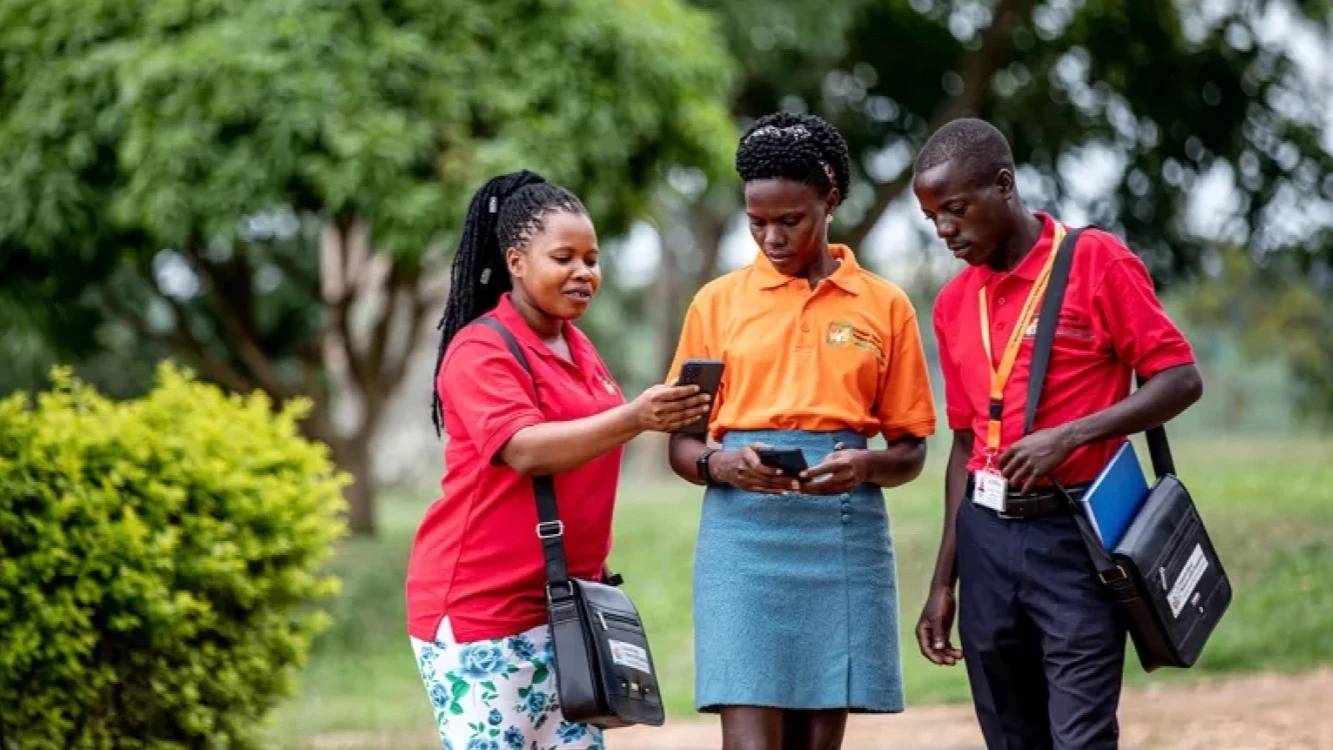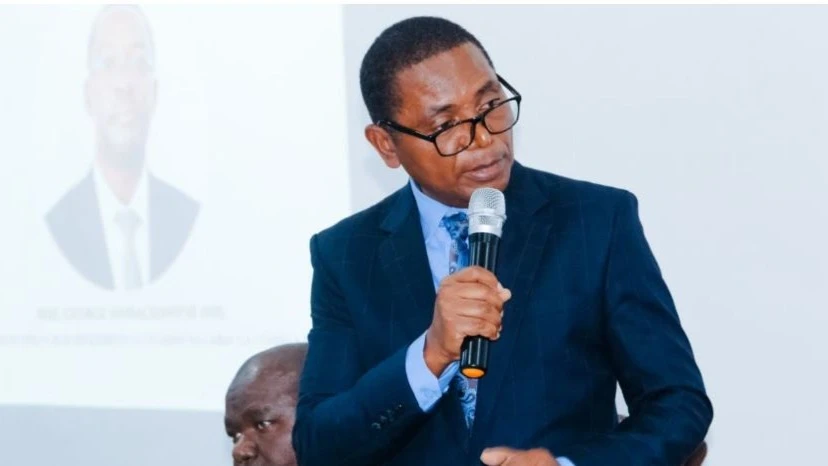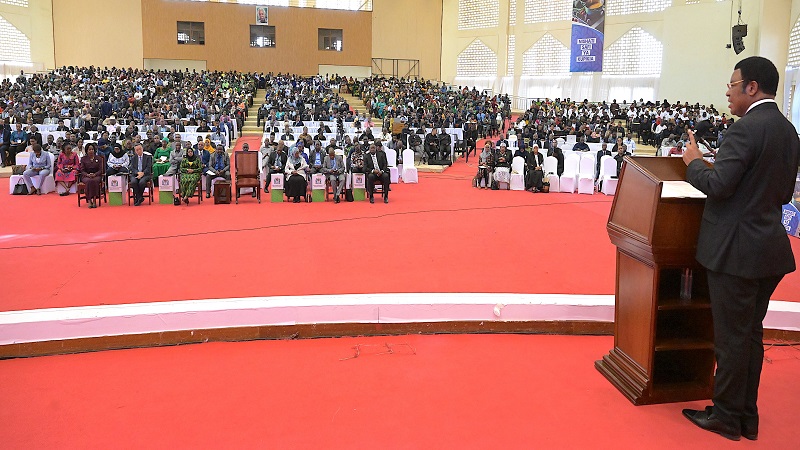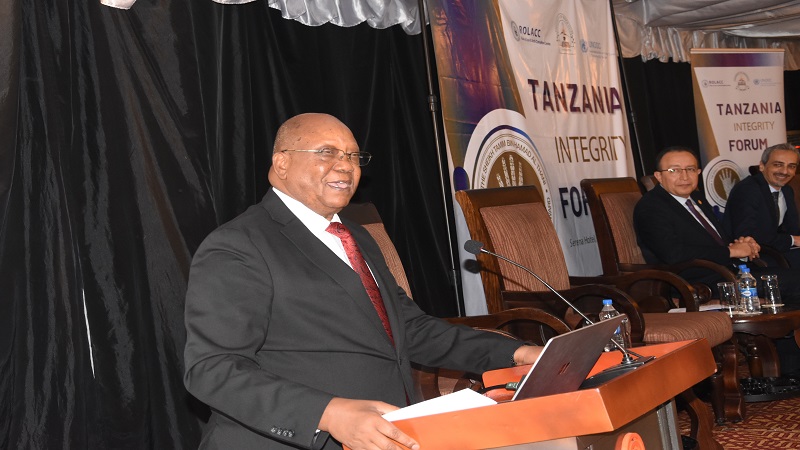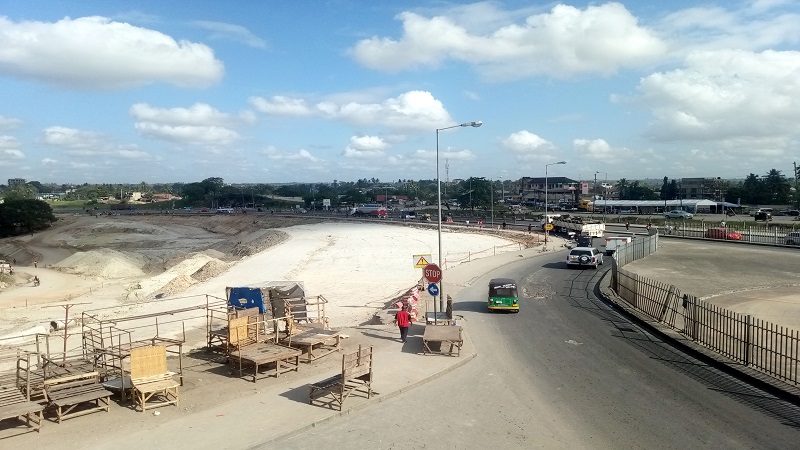Digital trade to take centre stage as Rwanda hosts continental forum
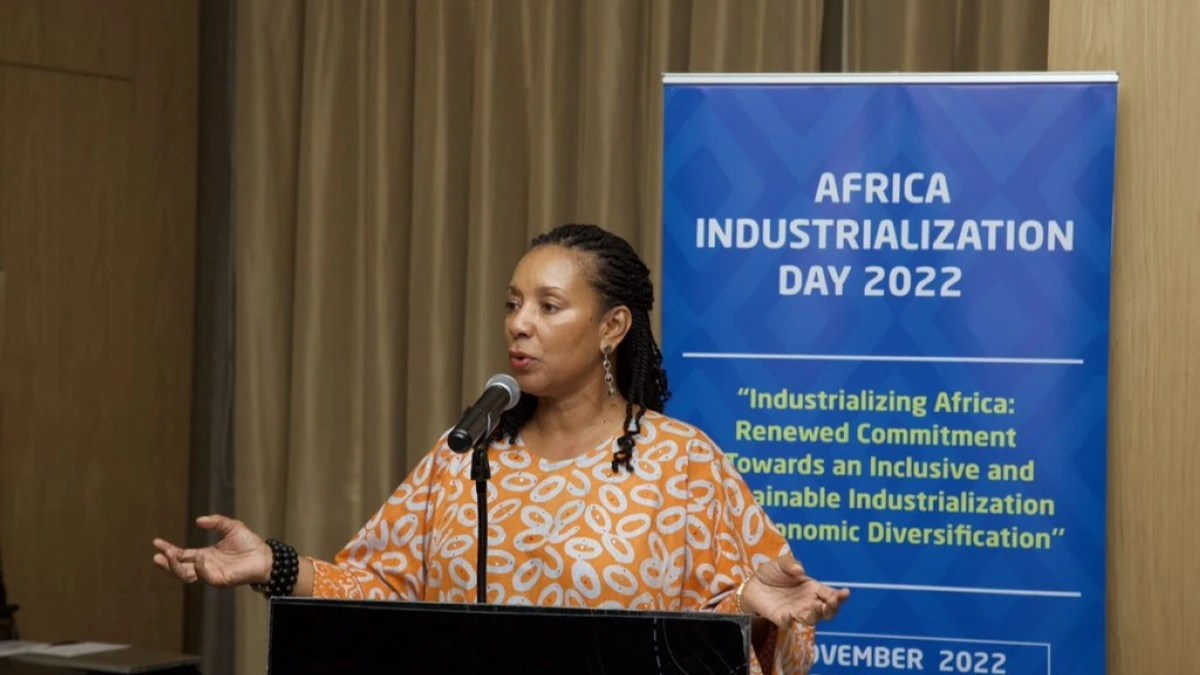
THE Government of Rwanda, in partnership with TradeMark Africa (TMA), will host the Trade Development Forum, bringing together senior government officials, development partners, academics, multilateral organisations, and private sector leaders from 14 TMA countries and beyond.
Set to take place in Kigali from December 2 to 3, this two-day forum, themed “Digital Trade,” will explore cutting-edge digital trade practices and technologies.
Topics to be discussed include the interoperability of digital payments, the application of distributed ledger technology (DLT) and artificial intelligence in trade processes, and the role of automation in supporting green trade initiatives.
The discussions aim to leverage technology to streamline trade facilitation and strengthen policy frameworks across Africa.
David Beer, the CEO of TradeMark Africa, expressed excitement about the upcoming forum, emphasizing the organization's commitment to Africa's economic growth.
"Africa’s economic prosperity is our business. TradeMark is entirely focused on delivering practical results to remove trade barriers and boost exports within and from Africa. While significant progress has been made, such as reducing transport times by about a third across the Northern Corridor in East Africa, there’s still a big leap ahead,” he said in a statment.
He added: “The 2024 forum will center on expanding digitization successes and introducing cutting-edge technologies. We look forward to sharing lessons and presenting innovative ideas to help governments and the private sector further reduce the cost and time of trade," he said.
Jean-Chrysostome Ngabitsinze, Rwanda’s Minister for Trade and Industry, highlighted Rwanda's role as host, stating, "We are honored to host the Trade Development Forum, a symbol of our commitment to Rwanda’s and Africa’s economic development."
He added, "We are dedicated to realizing the vision of a seamlessly integrated Africa, a vision championed by our President in the formation of the African Continental Free Trade Area (AfCFTA). Initiatives like the Rwanda Electronic Single Window and Kigali Dry Port demonstrate how trade solutions can overcome geographical challenges and enhance our trade capabilities."
This is the sixth edition. Previous meetings took place in Kenya in 2011, 2012, 2014, and 2019, and in Uganda in 2018.
Jean-Chrysostome Ngabitsinze, Rwanda’s Minister for Trade and Industry, highlighted Rwanda's role as host, stating, "We are honored to host the Trade Development Forum, a symbol of our commitment to Rwanda’s and Africa’s economic development."
Rwanda exported its first consignment of goods to Ghana, on September 30, 2022, under the African Continental Free Trade Area (AfCFTA) Guided Trade Initiative aimed to kick off commercially meaningful trade across the continent.
The first AfCFTA Certificate of Origin for Rwanda was issued to Igire Coffee – a Rwandan coffee exporting company owned by Briggette Harrington – for coffee products destined for Ghana as part of the AfCFTA Guided Trade Initiative.
Harrington’s company seeks to uplift women financially by purchasing coffee beans from Hingakawa Women’s coffee association, adding value, and exporting it to international markets.
Rwanda was among eight state parties – Cameroon, Egypt, Ghana, Kenya, Mauritius, Rwanda, Tanzania, and Tunisia – participating in the AfCFTA Guided Trade Initiative.
The latter aimed to prompt state parties to start issuing AfCFTA trading documents including certificates of origin, importer as well as exporter declaration forms, and ensure that their customs laws and systems are aligned to the AfCFTA requirements.
Previously, Harrington used to export her coffee in an informal manner which posed risks and yielded lesser profit. But ever since the beginning of the Initiative, her export volumes increased from 150 bags to 400 bags of coffee.
“The roasted packaged coffee was shipped to Ghana and it was sold to individuals, three cafes, a golf course, among other places,” she said.
As a small woman-owned business, she noted, “definitively, the agreement works.”
She added: “But I faced challenges to do with the sustainability of the business. When exporting to another country, there must be a buyer with a distribution network within the country, otherwise, market penetration becomes a huge issue.”
Being a relatively new concept, Harrington said, some mistakes occurred at the Customs Office in Ghana because the staff wasn’t familiar with the exact tariffs, and it was only identified after clearance and delivery of products.
This “resulted in an increased price which also affected the bottom line” of her product pricing, as the price on the market was no longer what she initially anticipated.
The AfCFTA is an intra-Africa preferential trade agreement that offers the importer reduced tariffs, allowing products to be imported at less cost, thereby making them more competitive in pricing in the target market.
With Rwanda Development Board’s expanded one-stop center, Harrington is confident that acquiring a certificate of origin and other related documentation will be faster and will facilitate the whole trading experience.
On the other hand, she called for a harmonized system across countries when it comes to testing and certification of standards for goods to be traded among countries.
“While the coffee was tested, certified, and registered in Ghana with the Ghana Standards Authority and Food and Drug Authority, these certifications were not transferrable in Rwanda,” she noted.
“It is imperative that the countries participating in the agreement have standardized testing methodologies and certifications, which can be accepted among countries.”
Simply put, Harrington noted, for a trader to participate under the AfCFTA, they should ensure that their product meets international standards, have a potential customer in an AfCFTA-ratified country, and be knowledgeable on the least expensive mode of payment.
“Ensure that your products meet international standards in terms of quality, packaging, and labeling. Whenever possible, buy Africa and encourage others to do so as well.”
A year later, Igire coffee is sold in Simba Supermarket and will soon be on shelves of Sawa City supermarket in the local market, as well as available on the company's e-commerce platform.
The AfCFTA Secretariat is gearing up for a second phase of the Guided Trade Initiative for trade in goods as well as the first pilot for trade in services.
Prudence Sebahizi, Director for Institutional Matters and Programmes Coordination at the AfCFTA Secretariat, said that at the launch of the initiative, seven partner states traded 98 products, and through mobilization efforts, the number of interested countries increased to 31 and hundreds of businesses are trading under AfCFTA in areas of agriculture, manufacturing, among others.
He added: "On a practical note, we learned that there is a huge gap in infrastructure, logistics, market information, connectivity, and finance. We recommend that AfCFTA trading companies act as aggregator intermediaries of products from SMEs to trade in volumes and diversity."
Sebahizi pointed to the establishment of AfCFTA National Implementation Committees which need capacity building and finalization of strategies, with at least 35 strategies for state parties developed so far.
The products earmarked to trade under the Guided Trade Initiative include ceramic tiles; batteries, tea, coffee, processed meat products, corn starch, sugar, pasta, glucose syrup, dried fruits, and sisal fiber, among others, in line with the AfCFTA focus on value chain development.
The AfCFTA landmark agreement, signed in Kigali in March 2018, envisions a continental market of 1.3 billion people with a combined Gross Domestic Product of more than $3.4 trillion.
Top Headlines
© 2024 IPPMEDIA.COM. ALL RIGHTS RESERVED











